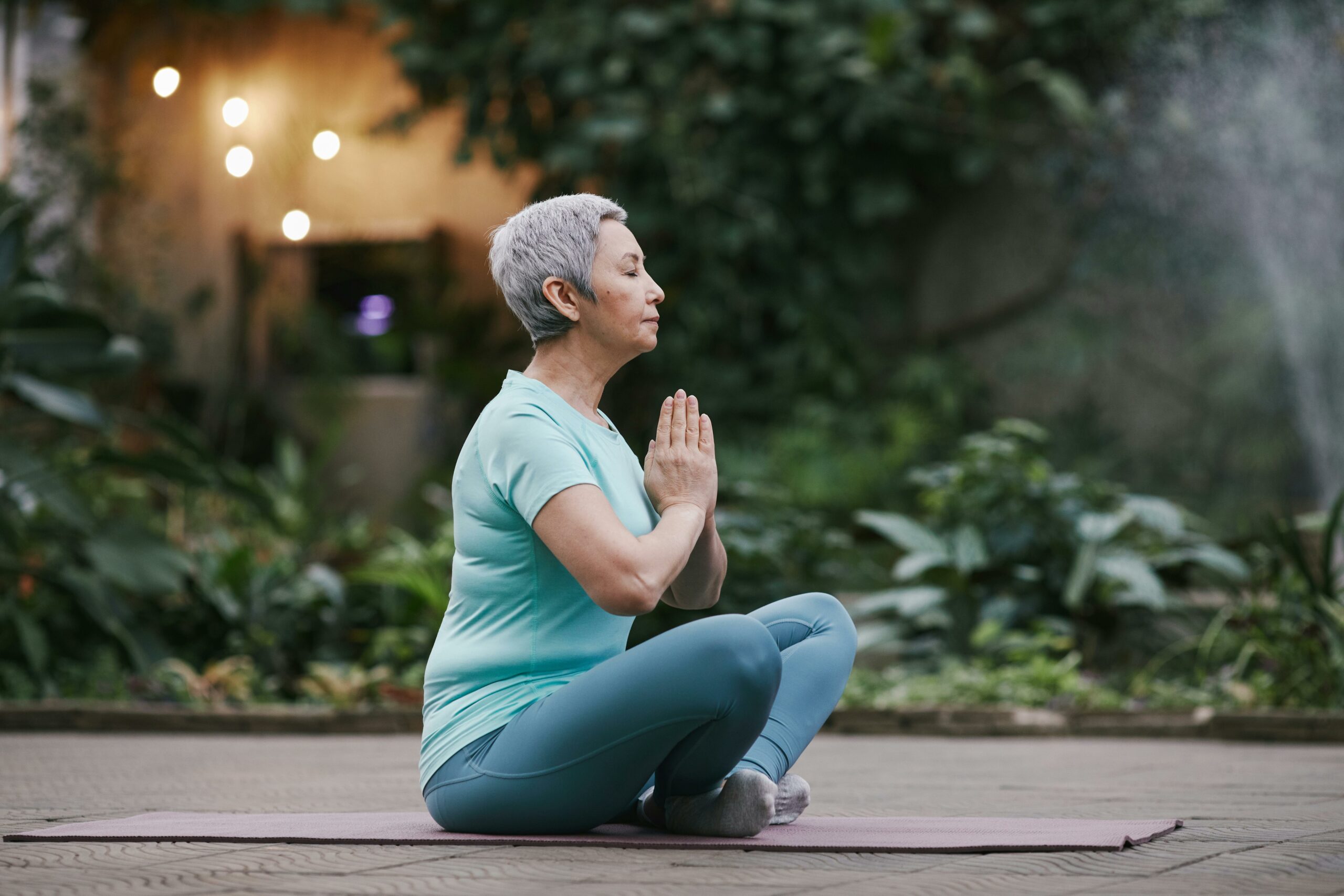Disclosure:
Thank you for reading this post, don't forget to subscribe!
Some of the links on this website are affiliate links. This means that if you click on the link and make a purchase, we may receive a small commission at no extra cost to you. Your support helps us keep the site running.Learn more on my Privacy Policy and Affiliate Disclosure page. Thank you for your support!
In today’s fast-paced world, stress is a constant companion. While a certain level of stress can be motivating, chronic stress affects mental clarity, physical health, and overall quality of life. Fortunately, self-care provides a holistic solution, allowing you to manage stress effectively while improving your well-being.
What is Self-Care?
Self-care involves deliberate actions to maintain and improve physical, emotional, and mental health. It’s not a luxury but a necessity, as it helps replenish your energy, boost resilience, and prevent burnout.
Keywords: self-care, stress management, holistic wellness.
The Connection Between Self-Care and Stress Management
Self-care combats stress by addressing its root causes. Incorporating mindfulness, healthy routines, and relaxation techniques enhances emotional resilience and strengthens your ability to navigate life’s challenges.
Holistic Self-Care Tips for Reducing Stress
1. Mindfulness Practices
Mindfulness involves being present and aware of your thoughts, emotions, and surroundings. It reduces stress by breaking the cycle of overthinking and promoting relaxation.
- How to Practice:
- Dedicate 10-15 minutes daily to mindfulness meditation.
- Use apps like Headspace or Calm for guided sessions.
Learn more about mindfulness in our holistic wellness guide in welness section.
2. Physical Activity
Exercise is a powerful stress reliever. Physical activity releases endorphins—your body’s natural mood elevators—while improving sleep and reducing anxiety.
- Simple Exercises:
- Take a brisk walk or jog in the morning.
- Try yoga for its calming effects.
- Dance to your favorite tunes for a fun workout.
3. Balanced Nutrition
Your diet significantly impacts your mood and energy levels. Consuming whole, nutrient-dense foods can stabilize blood sugar and support brain function.
- Foods to Include:
- Leafy greens (rich in magnesium to reduce stress).
- Omega-3-rich fish like salmon.
- Dark chocolate in moderation (for a natural mood boost).
For more dietary tips, visit reputable sources like Harvard Health.

4. Quality Sleep
Sleep is vital for stress recovery. Poor sleep exacerbates stress, while a good night’s rest helps regulate emotions and maintain focus.
- Sleep Hygiene Tips:
- Maintain a consistent bedtime routine.
- Avoid caffeine and screens two hours before bed.
- Create a dark, cool, and quiet sleeping environment.
5. Creative Outlets
Expressing yourself creatively can help manage stress and build emotional resilience.
- Examples:
- Write in a journal to process your feelings.
- Engage in art, music, or crafting.
- Explore photography or gardening for relaxation.
Emotional Self-Care: Building Inner Strength
1. Set Boundaries
Learning to say “no” prevents overcommitment and reduces stress caused by unrealistic expectations.
2. Practice Gratitude
Focusing on what you’re thankful for shifts your perspective and helps combat negativity.
3. Seek Support
Talking with trusted friends, family, or professionals can provide relief and practical advice.
Explore how to build emotional resilience in our self-care article in Health and Wellness section.

Physical Self-Care: Fueling the Body
Taking care of your body supports mental health and stress resilience. Regular check-ups, hydration, and self-massage are small but effective steps toward holistic wellness.
External Link: Discover more self-care ideas on Mayo Clinic.
Designing a Self-Care Routine
Consistency is key to effective self-care. Create a daily routine that incorporates elements of physical, emotional, and mental well-being.
Morning:
- Practice gratitude journaling.
- Enjoy a nutritious breakfast.
Afternoon:
- Take a 15-minute walk.
- Hydrate with herbal tea.
Evening:
- Meditate or read to unwind.
- Prepare for a restful sleep.
recent Post:
Overcoming Common Barriers to Self-Care
- Time Constraints: Start with small practices like a 5-minute meditation or a short walk.
- Guilt: Remember, self-care enables you to care for others better.
- Lack of Knowledge: Seek resources like blogs, books, and apps to guide your journey.
Final Thoughts: Self-Care as a Lifestyle
Self-care is not a one-time solution but a continuous commitment to your well-being. By integrating these practices into your daily life, you can reduce stress, enhance resilience, and improve your quality of life.
Which self-care practice will you try first? Share your journey in the comments below! Don’t forget to explore more tips and strategies on MorningScape Mindset Media to nurture your well-being.
more about:
HEALTH / WELLNESS / FITNESS / NUTRITION
share this article












